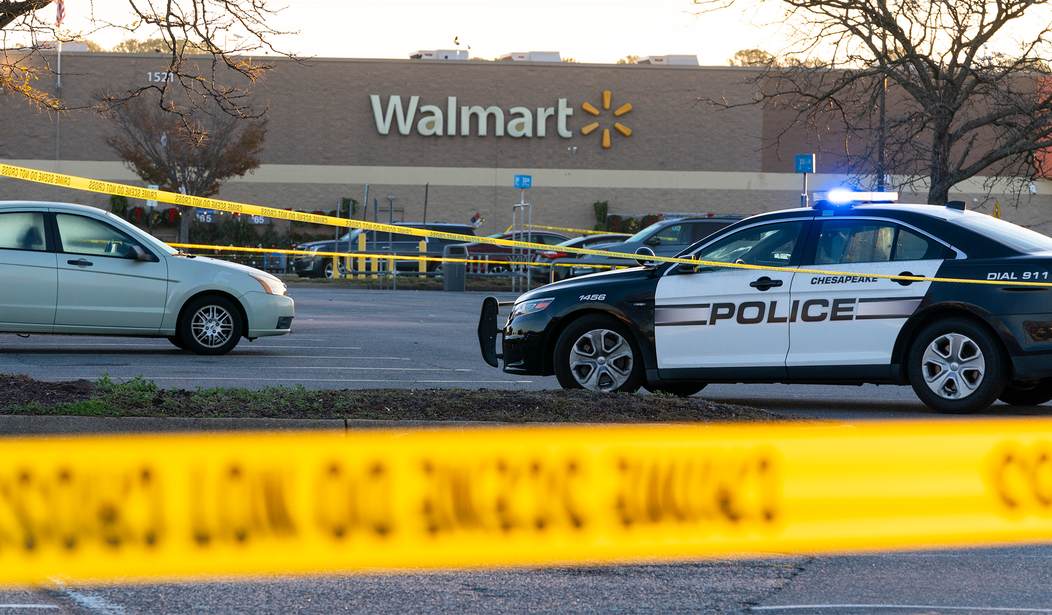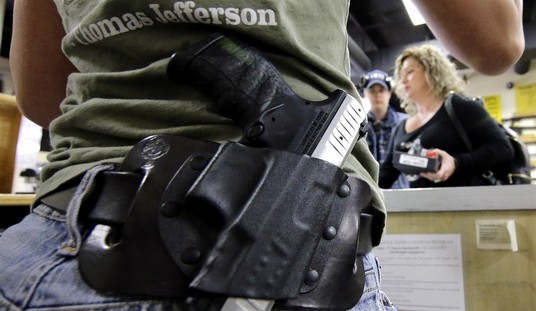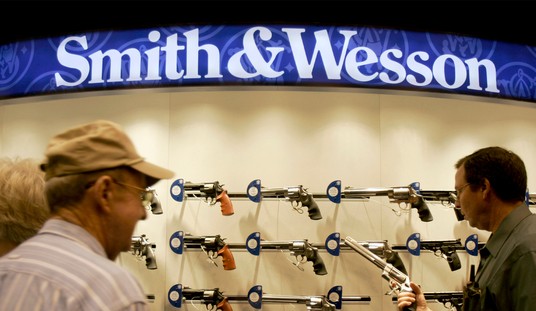Over the last two weeks, we’ve seen two mass shootings. Much as I’d like to say it, this isn’t unusual. Such horrible events seem to happen in clusters, where we’ll go months with relative quiet, only to see a number of shootings in fairly quick succession.
Such incidents always spark debate. We simply have to find some way to address the problem.
The thing is, we kind of already have a plan, and it’s one that doesn’t require us to trip over ourselves passing new laws.
All it takes is for people to decide to do something. We just stop making these people famous.
Here’s a take from my friend, Brad Polumbo, from a couple of years ago:
What if there was a way we could significantly reduce the number of mass shootings without either side having to sacrifice their policy principles?
…
We could meaningfully decrease gun violence if both sides were simply willing to give up their cheap rhetoric. How do I know this? Because according to the American Psychological Association, the individuals who become mass shooters are often directly seeking the media infamy we continue to grant them.
Western New Mexico University Psychologist Jennifer B. Johnston has found in her research that mass shooters tend to be in the midst of rampant depression, social isolation, and pathological narcissism; they are in part driven to such heinous crime by their desire for national attention.
And it is undeniable that the wall-to-wall coverage in the wake of these mass shootings—coverage that is amplified and jacked up by partisan political attacks that instrumentalize the shooters’ names and identities—makes the crime all the more tantalizing for these mass murderers.
“We find that a cross-cutting trait among many profiles of mass shooters is desire for fame in correspondence to the emergence of widespread 24-hour news coverage on cable news programs, and the rise of the internet,” Johnston has said. “If the mass media and social media enthusiasts make a pact to no longer share, reproduce or retweet the names, faces, detailed histories or long-winded statements of killers, we could see a dramatic reduction in mass shootings in one to two years.”
In other words, we just stop making these schmucks famous.
Following both Nashville and Louisville, I’ve seen almost puff-piece-like articles describing the shooters. They give names, where they went to school, positive sentiments about the eventual killers, and everything else one would expect to see in a report on a new celebrity.
Their names get thrown around by the media with reckless abandon.
Even in death, they become celebrities of a sort. As Brad notes above, that’s what they want.
When you reward behavior, you get more of that behavior. From dogs to kids to grown adults, the truth is that if you give someone what they’re seeking when they perform a given action, you’re going to get more of that action. This is basic psychology.
Potential mass shooters see this and remember it. They want to be famous. They want to show the world.
And the media gives them exactly what they want.
No one is saying not to report on the shootings. We can and should cover them as well as details about the killers that might be relevant. We don’t need their names, though.
By letting these tools fall into obscurity, many of these shootings simply wouldn’t happen. The narcissistic need to seek fame would be sought out some other way, some way less fatal to innocent people.
And we don’t need laws to do this. We just need media outlets to stop naming names.
We don’t do it here. However, we often rely on news from places with no such efforts in place, and that bothers me.
We can take a big step with regard to mass shootings if the media would just step up for a change and do the right thing.








Join the conversation as a VIP Member